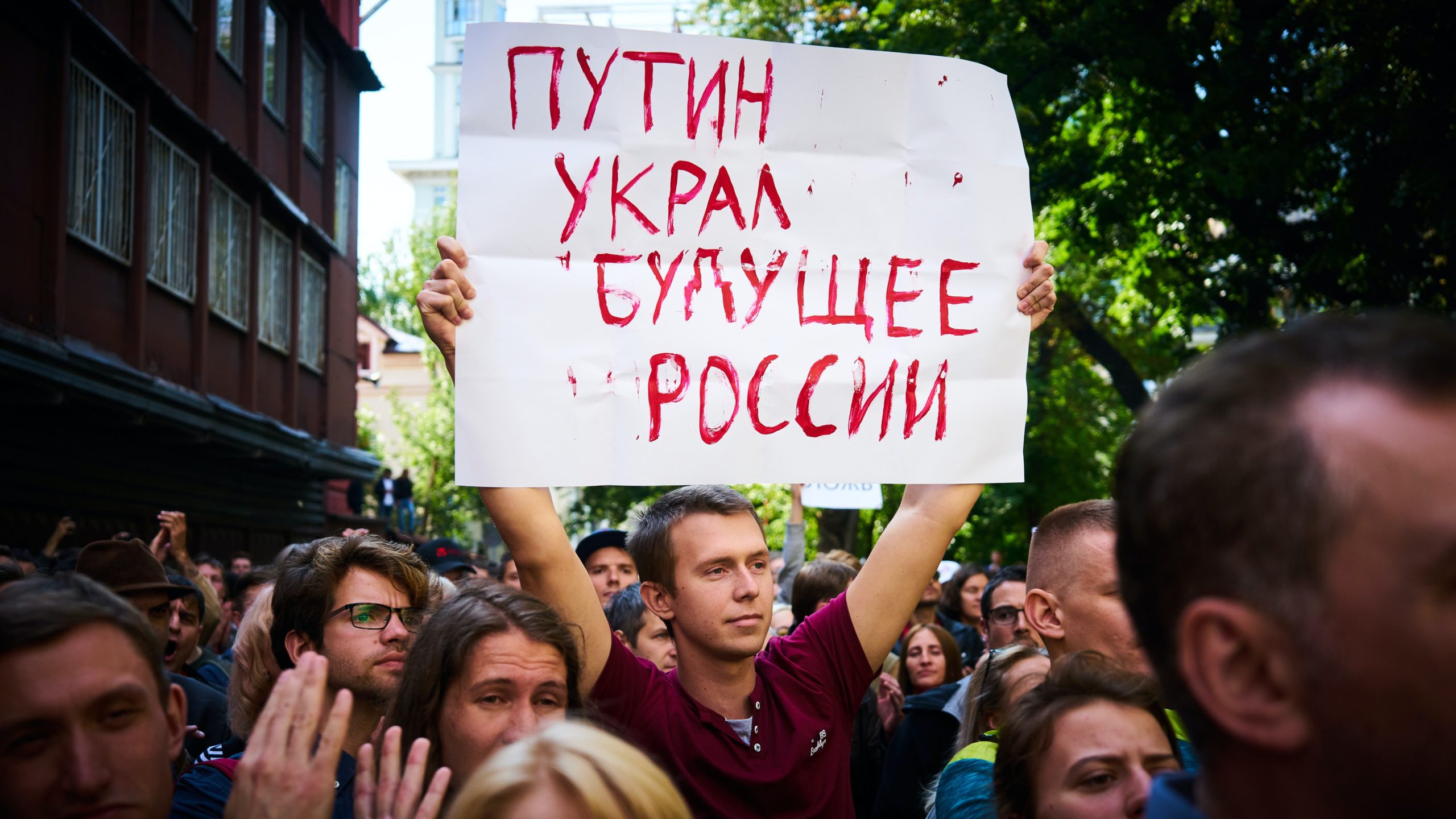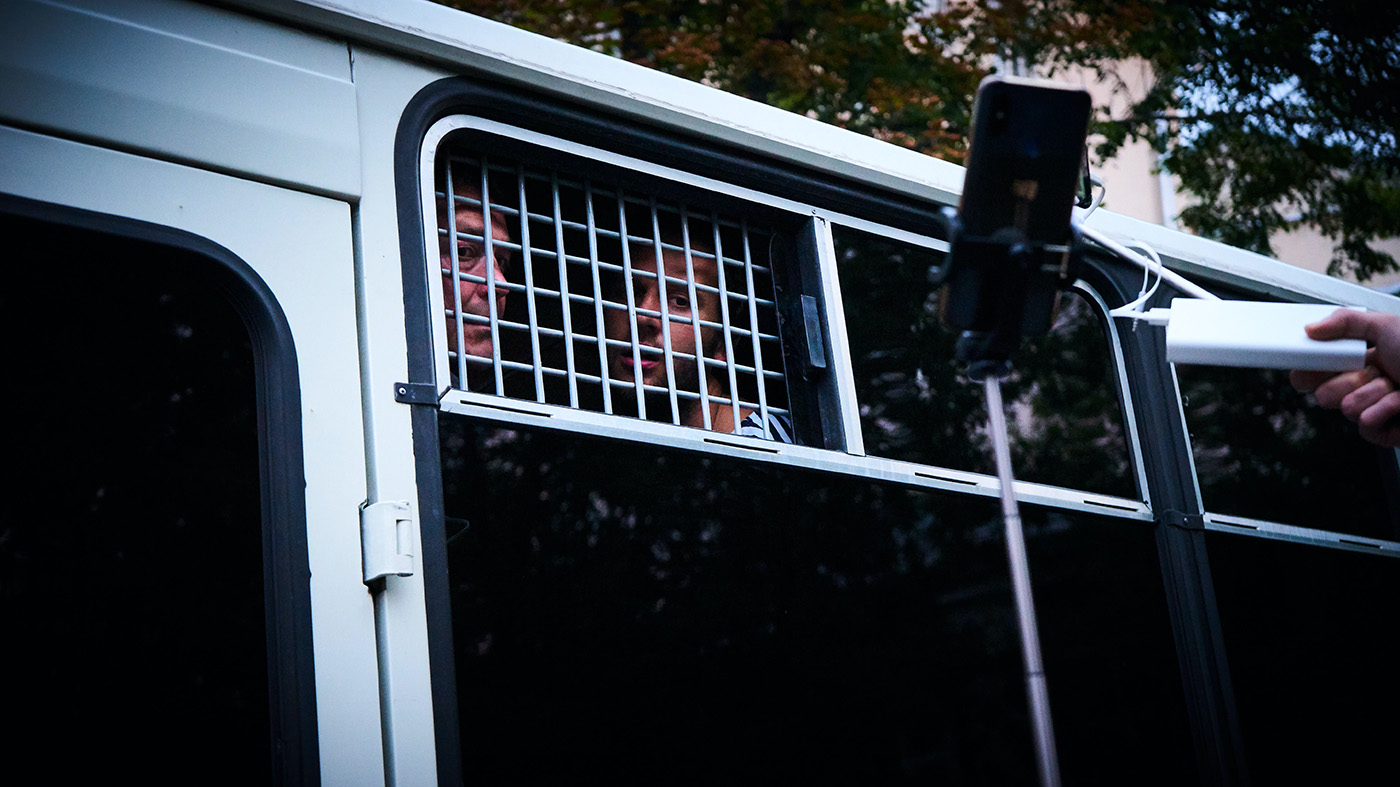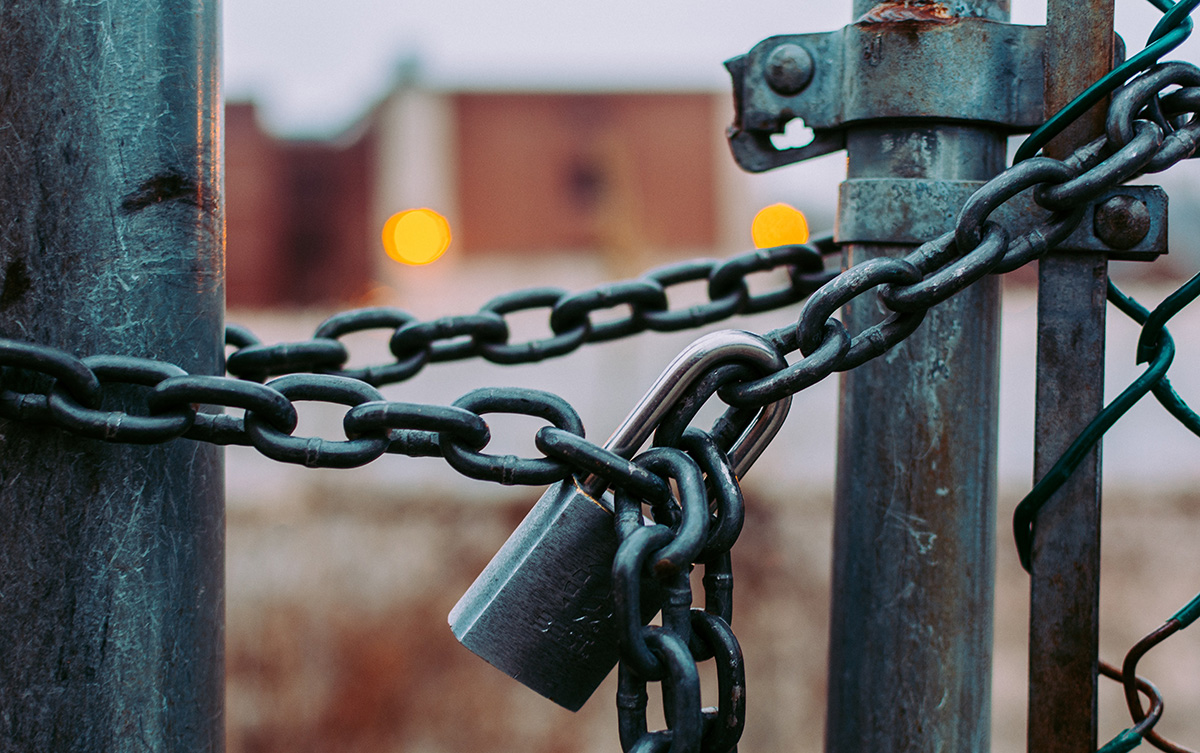Putin’s War on Russia’s Youth
By Fedor Krasheninnikov April 19, 2021

The events of the past few days have clearly demonstrated that Putin and his regime perceive Russia’s youth, especially its most active and politicized members, as the biggest enemy.
The Kremlin’s attacks on Aleksei Navalny and his movement, attacks on the Internet, attacks on the student‑ran magazine DOXA, attacks on education, targeted repressions throughout Russia — all of them in one way or another target youth, more than any other group.
This comes as no surprise. After all, young people are most active online, they are the backbone of Navalny’s movement, they take part in protest rallies, attend all kinds of lectures and discussions, create and consume independent media, travel abroad, and participate in volunteer and crowdfunding projects. Moreover, they share the same information space as their peers around the world — they listen to the same music, play the same video games, follow the same fashion trends, watch the same shows, and generally view the world through the same lense as young people in Western Europe and North America.
Certainly, in each demographic group of Russia’s population there are people who subscribe to Western values; conversely, there are young people in Russia who support Putin. But young Russians generally lead lives and are steeped in values that make them organic opponents of the conservative, backward‑looking, retrograde, and xenophobic Putin establishment.
Putin has focused his wrath on Aleksei Navalny precisely because by 44, Navalny has managed to find an approach that appealed to Russian citizens 10, 20, and even 30 years his junior. In contrast, Putin, who has no plans to step down any time in the foreseeable future, simply does not have the creativity, tools, or even desire to reach younger generations of Russians. This makes perfect sense — Vladimir Putin’s electorate base is the older generation, and he is concentrating his efforts on pleasing them, pandering to them, and manipulating their emotions — the most prominent of which is a nostalgia for the days of the Soviet Union.
Had Putin come to power democratically, had he actually faced serious criticism from opponents, and had he gotten used to fighting for every electoral vote, perhaps he would make at least a cursory attempt at appealing to younger voters. But Putin is a product of the KGB and the bureaucratic apparatus. He has never taken part in any free elections, and therefore has no intentions of trying to win over any naysayers.
Outside observers need to keep in mind that when Putin speaks about the Russian people or on their behalf, he is only referring to those who support him. He views anyone who does not support him as a traitor, who should, and in fact must be denied any political standing or representation.
Last week’s story of repressions against the editorial board of a student magazine DOXA is very telling. DOXA gained prominence among the general public in 2019, against the backdrop of protests in response to the Kremlin’s refusal to allow opposition candidates to run for the Moscow City Duma. College students from various Moscow universities took part in the protests, and DOXA threw its support behind them. The publication and its editorial office have been watched by security agencies since then, and by 2021, the surveillance was in full force, culminating in a series of searches, interrogations, and an investigation, resulting in DOXA employees placed under house arrest and officially banned from engaging in any journalistic activity.
It would be absurd to claim that DOXA had any real ability to influence the political situation in Russia or any significant groups of the population. After all, this is a specialized publication for students, graduates, and professors from Moscow’s most prestigious universities. But it is for this exact reason that the magazine has been so closely watched, and reprisals against the editorial staff have been so over‑the-top, despite the outpour of support from professors, students, journalists, and members of the creative intelligentsia. The politicization of young people in Moscow is extremely concerning to the Russian authorities. Widespread street protests in the capital have been a nightmare for Putin for years. That is why any approval of protests, taking part in them, or calling on others to join them, particularly among youth, are punished with an increasing severity.
The persecution of DOXA sends a clear and powerful message to all you people in — if the authorities are not afraid to carry out public reprisals against youth in Moscow — in the plain view of the domestic and international public — then no one else can expect any mercy or indulgence, either. Like many other activists in today’s Russia, DOXA’s editorial board is accused of inciting people to take part in unsanctioned rallies expressing solidarity with Aleksei Navalny last January. The video that landed the students in court is entitled They Cannot Defeat the Youth. It was released following Navalny’s arrest, and contains the following words:
“Universities, colleges, and schools intimidate students, threatening them with expulsion or other sanctions. We demand an end to the destruction of education, which our generation has yet to rebuild. The authorities have declared a war on youth, but we are the youth. And we are sure to win.”
The mere mention of schoolchildren in the video has been taken by the authorities as pretext to file the same charges against DOXA’s editorial board as those filed against the head of Navalny’s headquarters, Leonid Volkov — i.e. involving minors in unlawful activities. This includes participation in banned protest rallies.
The video’s description of what is happening in Russia is, in fact, spot on — Putin has, indeed, declared war on youth, and his regime is spending most of its efforts on repressing and intimidating young Russian citizens, effectively subordinating the entire education system to the security apparatus, and preserving the current regime at any cost — robbing entire generations of Russian citizens of their future, condemning them to either leave their own country, or live isolated and in fear of the world.
Putin’s main opposition in Russia today is not the handful of dissidents or political activists who have stood in the streets for decades. It is the vast majority of the Russian youth that is on the rise. The leaders of the opposition today are whoever the youth hold in such regard. For this reason, anyone who is willing and able to support resistance to Putin’s regime would do well to focus their efforts on the younger segments audience. Sooner or later, the youth will inevitably win. And even a mighty dictator such as Vladimir Putin can escape the passage of time and death.
Over the last several months, harassment of Russia’s political opposition has intensified, with legislative elections as a clear cause. Many people have erroneously believed that once the elections were over, the repressions would ease, if not entirely disappear.
By Fedor Krasheninnikov
October 11, 2021
 Article
Article 2021 saw widespread political repressions across Russia
By Anton Mikhalchuk
August 27, 2021
 Article
Article On July 12, 2021, yet another amendment to the legislation on Undesirable NGOs entered into force in Russia. The changes mean that now anyone who works with an “undesirable” organization can be subject to administrative penalties
By Olga Gnezdilova
July 21, 2021

Over the last several months, harassment of Russia’s political opposition has intensified, with legislative elections as a clear cause. Many people have erroneously believed that once the elections were over, the repressions would ease, if not entirely disappear.
By Fedor Krasheninnikov
October 11, 2021
 Article
Article 2021 saw widespread political repressions across Russia
By Anton Mikhalchuk
August 27, 2021
 Article
Article On July 12, 2021, yet another amendment to the legislation on Undesirable NGOs entered into force in Russia. The changes mean that now anyone who works with an “undesirable” organization can be subject to administrative penalties
By Olga Gnezdilova
July 21, 2021
